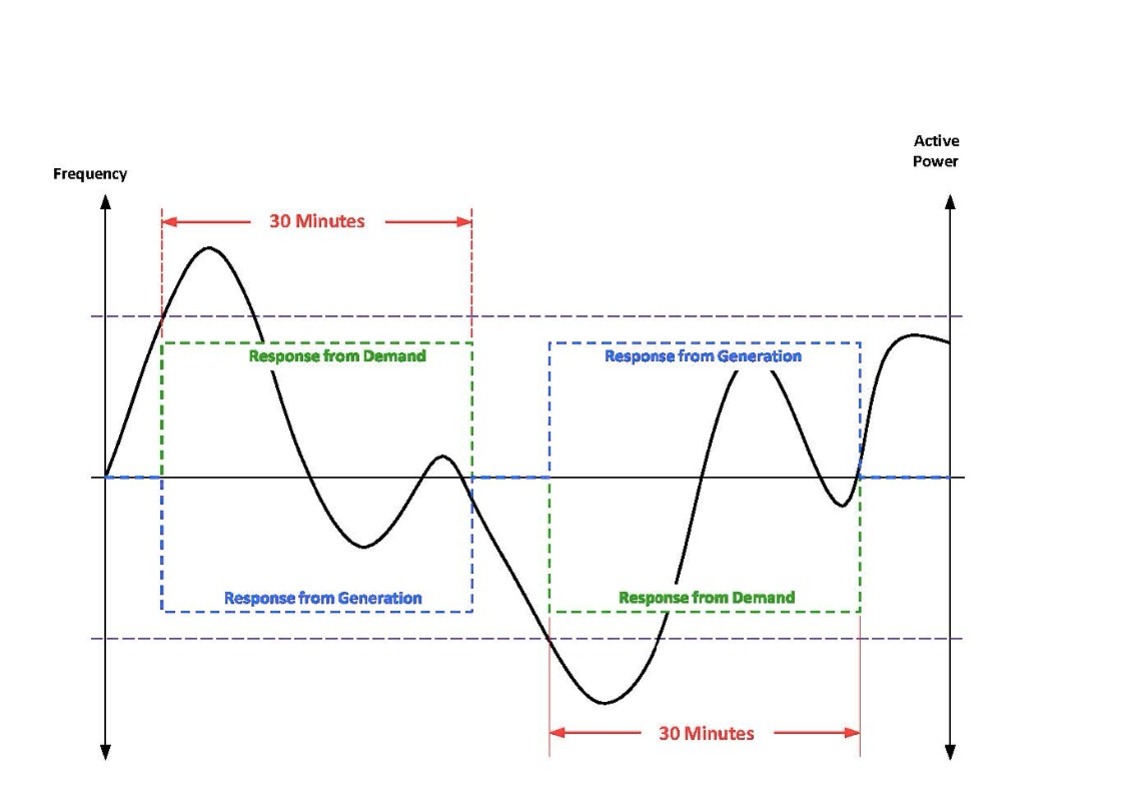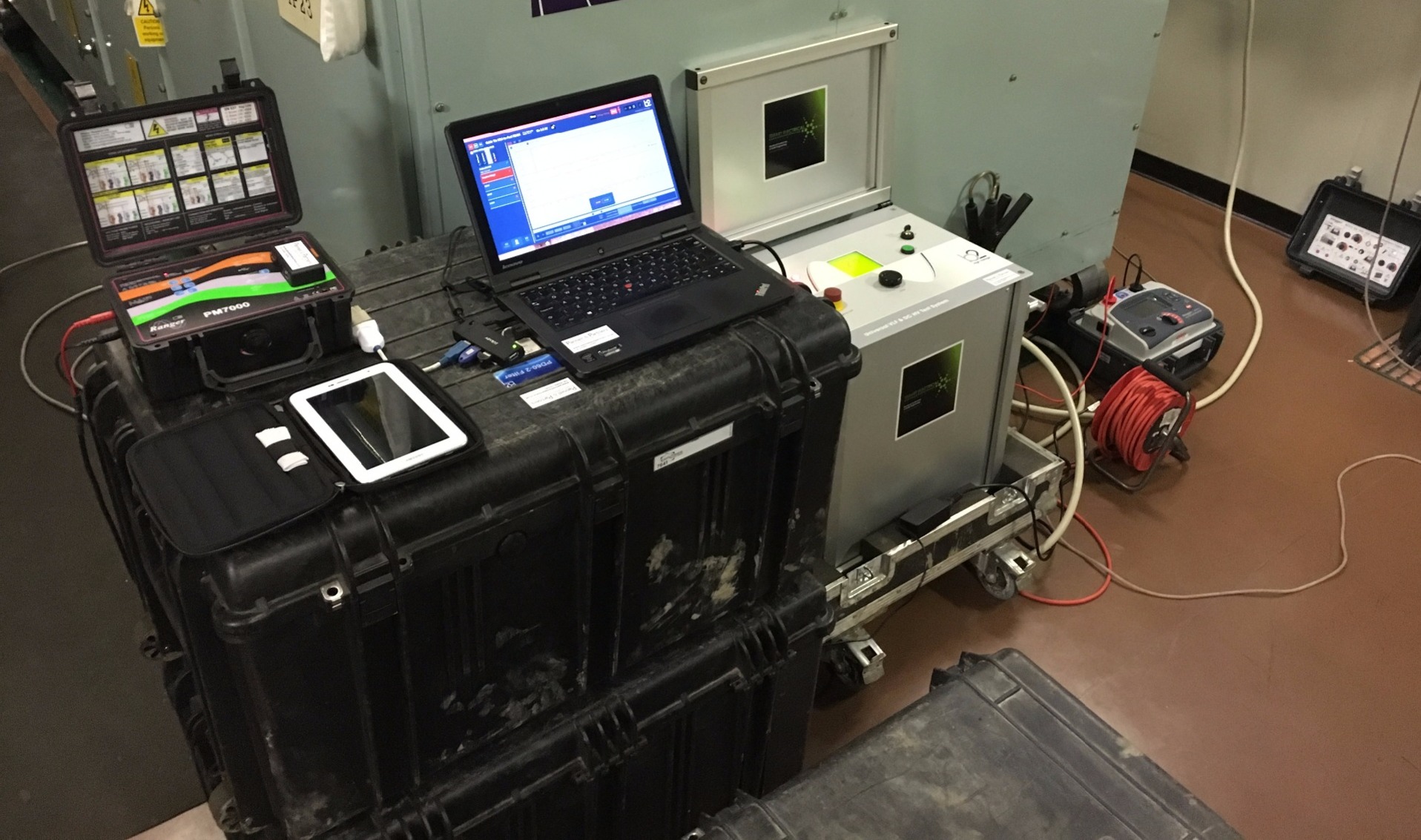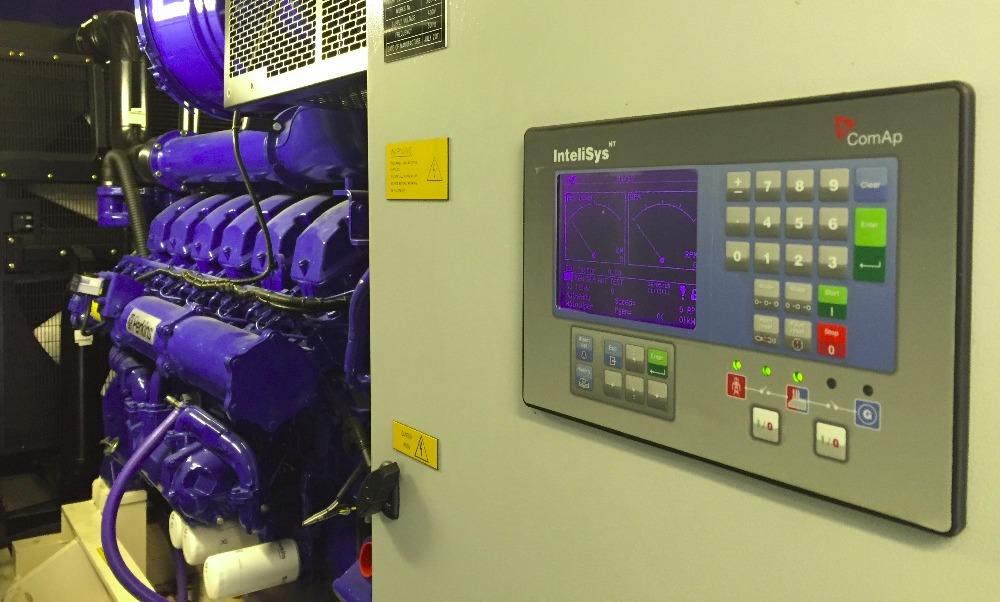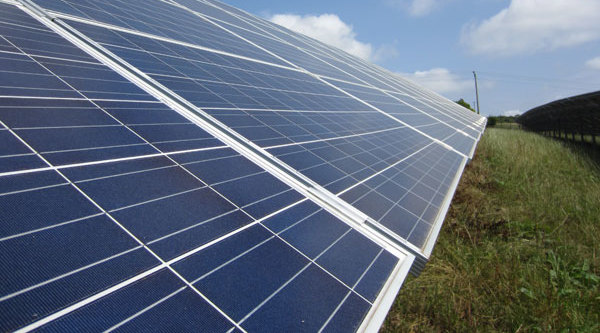Dynamic Containment, Dynamic Regulation & Dynamic Moderation Frequency Response Testing & Commissioning
Dynamic Containment Frequency Response Injection, Measurment, Testing & Commissioning according to National Grid Testing Guidance & procedures.
REAL Frequency Injection & Measurment Tests we provide:
Dynamic Containment (DC) - National Grid
Dynamic Regulation (DR) - National Grid
Dynamic Moderation (DM) - National Grid
Firm Frequency Response (FFR) - National Grid
DS3 System Services - EIRGRID (RoI)
Independent Technical Experts (ITE) - recognised by National Grid
Pannell & Partners cater for sites wishing to provide Frequency Response Balancing Services including Dynamic Containment, Dynamic Regulation, Dynamic Moderation, static / non-dynamic load shedding and dynamic frequency response variants. We also provide all frequency response tests to EIRGRID DS3 in the Republic of Ireland.
We provide on site frequency injection with 50Hz (20ms) & 0.001Hz recorded measurment capability for Frequency Variation against Active Power response. Our results are prepared and presented in the format required for the National Grid analysis tool.
As recognised Idependant Technical Experts (ITE) by National Grid, our extensive experience with battery energy storage sites (BESS), load shedding sites and rotating machines requiring dynamic / non-dynamic testing means we can provide the injection testing and measurement your installation requires to submit to the National Grid.
Dynamic Containment Frequency Response is designed to operate post-fault, i.e. for deployment after a significant frequency deviation in order to meet the National Grid's most immediate need for faster-acting frequency response.
Frequency Response is available in Non-Dynamic (also known as Static) and Dynamic Variants. With Non-Dynamic response, the change in active power is a specified value and occurs when the frequency rises or falls through set levels as required by the National Grid. In Dynamic response, the change in active power is proportional to the change in frequency.
Please contact us with your requirments and site specification so we may assist & provide the correct integration for frequency response testing.

Basic Static FFR Pass Criteria
Acceptable frequency profile(s).
The relay (or equivalent) operating point of the plant occurs at the correct trigger frequnecy and within tolerance.
Sustain response for required time.
Standard deviation of active power error over prescribed period must not exceed 2.5% of the contracted active power change.

Basic Dynamic FR Pass Criteria
Delay in response of active power is between 0.5s - 1.0s.
Minimum of the sampled values of active power within primary, secondary and high frequency timescales are within tolerances.
Standard deviation of load error at steady state over period must not exceed 2.5% of the contracted active power.
Active power should progressively change to its contracted output
A noticable change in power in the correct direction is observed.
Contact us
Please contact us for any of your electrical engineering requirements, where one of our engineers will be happy to assist your business.







